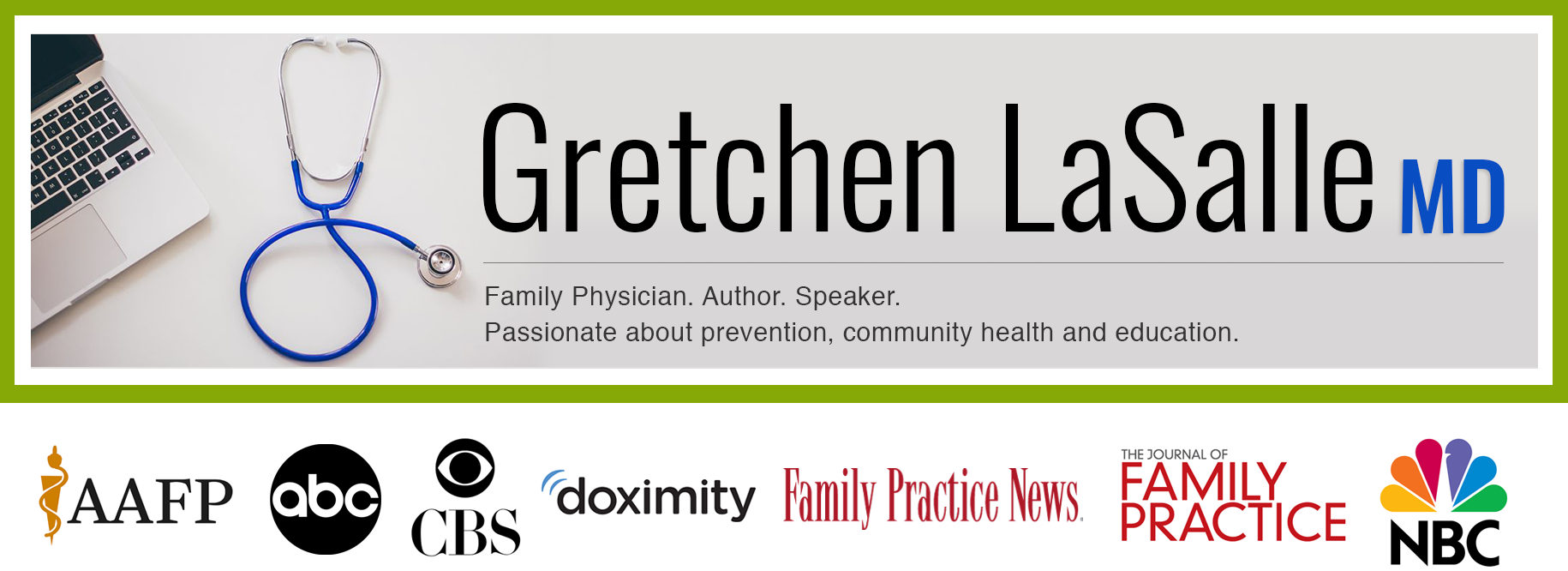Summary of Research: This study “evaluates and reviews the origins of the anti-vaccination movement, the reasons behind the recent strengthening of the movement, role of the internet in the spread of anti-vaccination ideas, and the repercussions in terms of public health and safety.”
What’s New in Vaccine Science?
Efficacy of an Adjuvanted Herpes Zoster Subunit Vaccine in Older Adults
Summary of Research: A randomized, placebo-controlled phase 3 study in 18 countries evaluating the safety and efficacy of herpes zoster subunit vaccine for prevention of herpes zoster in adults over 50.
Immunizing Parents and Other Close Family Contacts in the Pediatric Office Setting
Summary of Research: Additional strategies are needed to protect children from vaccine preventable diseases. Young infants and children with compromised immune systems are at especially high risk for developing complications and cannot be completely immunized themselves.
Meningococcal Vaccinations
Summary of Research: Neisseria meningitidis, a gram-negative diplococcal bacterium, is a common asymptomatic colonizer of the nasopharyngeal space. It may infrequently lead to invasive disease that can result in high rates of seizures, organ failure, loss of limbs, and death.
Understanding Attitudes Toward Adolescent Vaccination and the Decision-Making Dynamic Among Adolescents, Parents and Providers
Summary of Research: This 2012 study looks at how dynamics between adolescents, parents, and clinicians affect vaccination acceptance. It also examines different approaches we can use to improve vaccine uptake in the adolescent patient population.
Immunization of Health-Care Providers: Necessity and Public Health Policies
Summary of Research: Healthcare providers (HCPs) are at increased risk of acquiring and transmitting vaccine-preventable diseases. Requirements for vaccination of HCPs vary significantly between countries and among organizations. HCPs have a moral responsibility to protect the health of their patients and a professional responsibility to limit absenteeism, disruption of healthcare services, and the costs associated with testing, treatment, and infection control measures related to vaccine-preventable diseases.
Prenatal Vitamins May Help Decrease Autism Risk in Infants
Summary of Research: Prenatal vitamins may help to lower the risk of autism in children, even for high-risk families. In prior studies, the use of prenatal vitamins, specifically folate (which is taken as a dietary supplement known as folic acid), has been shown to significantly lower the risk of developing autism spectrum disorder (ASD).
Study Finds Disturbing Trends in Vaccination Exemptions
Summary of Research: A new study shows that numerous states and large metropolitan centers have seen an uptick in the number of nonmedical exemptions (NMEs) from childhood vaccinations granted. The study, published in PLOS Medicine,(journals.plos.org) found that in the past decade, the number of philosophical exemptions to vaccination has increased in two-thirds of the states that allow such exemptions.
Substantial Proportion of U.S. Measles Cases Intentionally Unvaccinated
Summary of Research: Unvaccinated or undervaccinated individuals comprised substantial proportions of cases in measles and some pertussis outbreaks, an analysis of numerous studies and reports finds. Additionally, vaccine refusal was associated with an elevated risk for measles and pertussis, including among fully vaccinated individuals, researchers report.
Critical Thinking Instruction in Humanities Reduces Belief in Pseudoscience
Summary of Research: A recent study finds that teaching critical thinking skills in a humanities course significantly reduces student beliefs in ‘pseudoscience’ that is unsupported by facts.
